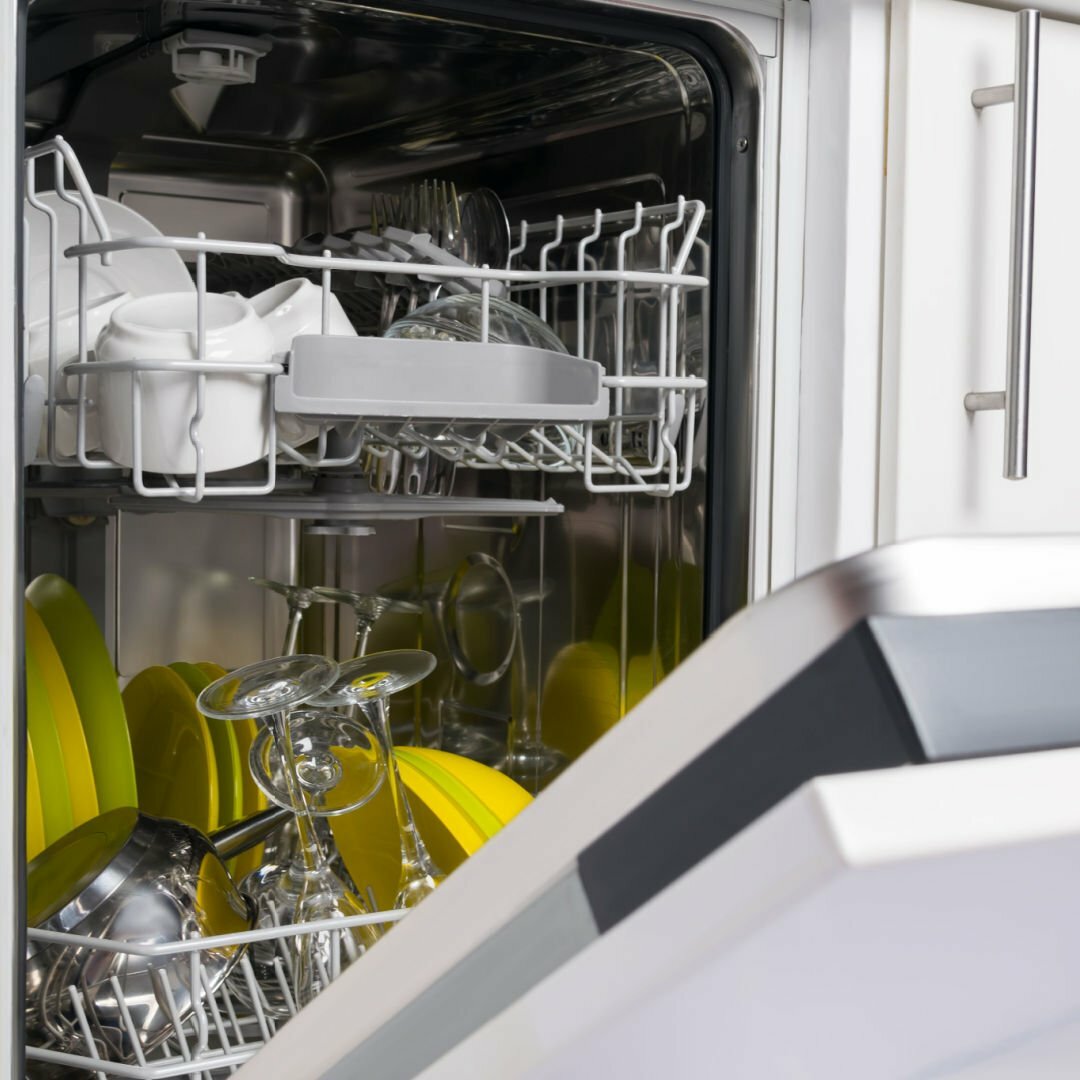Five Ways Hard Water Can Damage Your Office
Hard water is typically considered to be a big nuisance due to the fact that it results in many problems, all of which can cause damage at your place of business. For one, hard water can increase your energy bills. Secondly, hard water damage can be costly. While hard water isn’t necessarily harmful when ingested, hard water can cause a series of issues and inconveniences in day-to-day life.
What is Hard Water?
Put simply, the term “hard water” refers to the type of water which contains the highest amounts of both magnesium and calcium. It should be noted that hard water can be resolved temporarily or, by using a more permanent solution such as a water softener. In terms of how to temporarily reduce hard water issues, you can boil the water. This will remove the high amounts of minerals from the water and even purify it so that you can drink it without worry.
Clean, Pure Water With Optimum
Hard water can also affect your office facilities, hard water problems can also be an issue if you have a company kitchen or showers. Being aware can save you money and time due to repairs. One area we can help with is a bottleless water system from Optimum, your team will have easy access to pure water at any time in your office. Our bottleless water systems feature a 5-step filtration system, including hot or cold water options, and make your water taste great every time! With our 7-day free trial, you can test out one of our bottleless water systems for free today!
How Can You Test for Hard Water?
So how can you test the water in your office in order to determine whether or not hard water is present? If you happen to notice white-scale build-up over plumbing fixtures in your office, this is a pretty good indicator that you have a hard water problem. At this point, you can perform a simple test to confirm whether or not there is hard water. This involves simply taking a container and adding some water along with dish soap and shaking it up. If there isn’t a good amount of suds forming as you shake this solution, this may be a sign that you have a hard water problem.
Heat Transfer Problems
Whenever hard water is heated, it results in the formation of an insoluble precipitate known as “scale.” When Scale is formed, there are a variety of problems that result. This includes the fact that scale is notoriously difficult to clean and is known for leaving a soapy lining on your dishes even after using the dishwasher. Secondly, this scale can build up in your hot water heater. When this happens, it effectively reduces the efficiency of your water heater, raising your energy bills. In fact, just one-quarter inch of scaling over a water heater’s heating element can result in a 40% increase in energy usage. Finally, scale build-up will also result in lower heat transfer efficiency because Scale is not a good conductor of heat. As a result, food will not heat up quickly, and you may even find large-scale deposits on pots and pans.
Soap Scum Build-Up
Another problem that you can expect from hard water is soap scum build-up. You may start to notice a build-up of soap scum on ceramic tiles or even mineral deposits on your cookware. Rather than being a sign that you are not cleaning effectively, this is an indication of hard water.
Water Flow Issues
When scale builds up in appliances such as dishwashers or in pipes, this can result in the obstruction of water flow, as well as reduced water pressure in your shower. Not only is this a frustrating issue to deal with, but it can also result in more costly problems over time. When this occurs, it is necessary for you to replace the parts of your appliances more frequently since such blockages can result in cracked or even burst pipes.
Galvanic Corrosion
Hard water possesses electrolytes, and it is the presence of these electrolytes that can result in something called galvanic corrosion. Galvanic corrosion happens when one metal starts to corrode, coming into contact with another metal. When this happens, it is very common for pipes to burst. If a pipe bursts in your home due to hard water damage, you may be in for a costly plumbing bill. This is why it is crucial that you remain proactive when it comes to keeping hard water out of your water.
Spots on Glasses, Dishes, and Flatware
Finally, hard water can cause the presence of white spots on your dishes, glasses, and flatware. This is due to the minerals found in hard water. When these minerals mix with soap or dish detergent, it causes these solutions to stick to the dishware. This will, inconveniently, result in you having to wash your dishes by hand rather than simply running them through the dishwasher.
Clearly. Pure. Water. With Optimum
Try our 7-day free trial, you can test out one of our bottleless water systems for free today! Clearly. Pure. Water.



